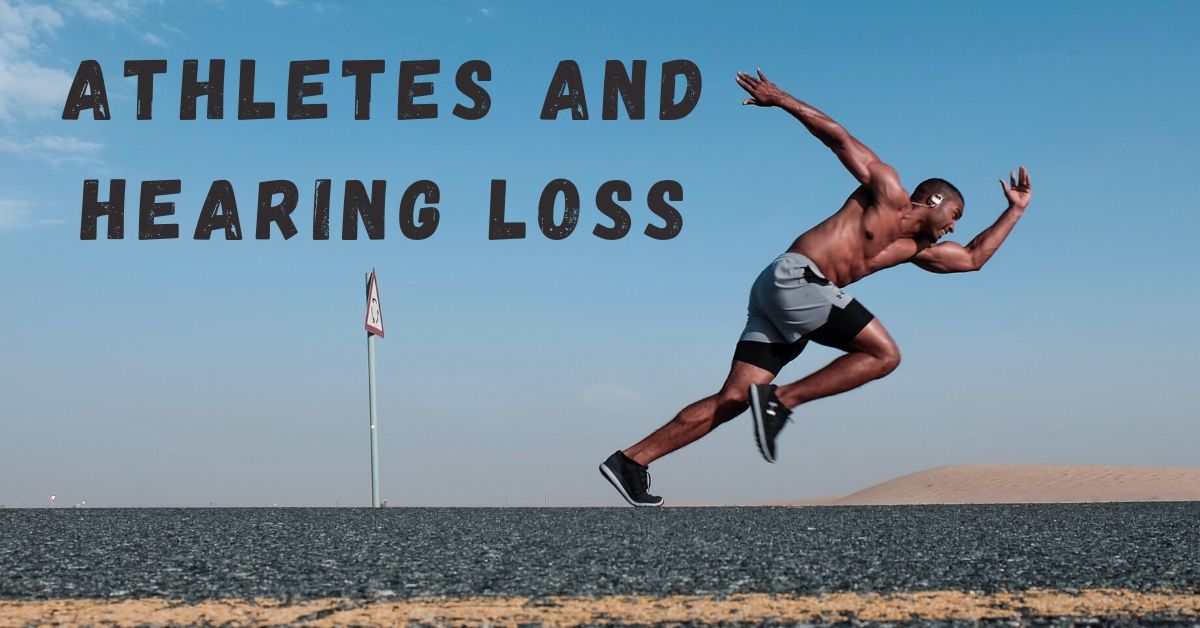
Do you know what causes hearing loss? There are a number of causes of hearing loss, including exposure to loud noise, an illness or infection, and even the natural aging process. Playing sports also increases the risk of hearing loss, and athletes have a higher risk of hearing loss due to injuries and excessively loud noise. Athletes are also more likely to experience tinnitus, that uncomfortable ringing or buzzing in the ears. Do you play on a recreational team? People who play sports as part of local teams, along with students on school teams, also have a greater chance of hearing loss.
Sports Injuries and Hearing Loss
One of the highest risks to athletes’ hearing are injuries on the field. A head or neck injury can damage the ear or the auditory centers in the brain, and lead to a permanent hearing loss. In high contact sports, such as football, athletes suffer frequent injuries, and most football players have had at least one concussion during their professional career. Many have had several head injuries, and have sustained damage to the inner ear or ear canal.
Not only can head injuries damage the cells in the inner ear, they may also damage the bones in the middle ear, or block the ear canal. This makes it hard for sounds to reach the inner ear. Concussions and head injuries may also cause tinnitus, or a ringing or whistling sound that just won’t go away.
Noisy Stadiums and Hearing Loss
Hearing loss can also be caused by extremely loud noise. Both athletes and fans thrive on the excitement of a live game. Along with music blaring across the stands, fans cheer, scream, and stomp, and a packed stadium can be extremely loud. All this noise can cause hearing loss, and both the athletes and the fans risk their hearing health during games.
Even if the players don’t notice any hearing loss right away, athletes risk hearing loss due to excessive noise during every game. Being exposed to these dangerously loud sounds week after week takes a toll on the health of the inner ear, and before long athletes may complain of tinnitus or hearing loss. This hearing loss is noticeable when you try to listen to sounds in higher frequencies, such as your alarm clock, the birds chirping outside, or the voices of children.
Athletes and Hearing Protection
Since athletes have a high risk of hearing loss, it’s important that they wear hearing protection, and avoid injuries while on the field. Digital hearing protection offers custom fit hearing protection that sits in the ear. These devices analyze the sounds in the environment, and automatically block dangerously loud sounds. Softer sounds that help athletes determine where teammates and opponents are will pass through the hearing protection. This keeps athletes’ hearing safe without affecting their game.
Sports Fans and Hearing Protection
Have you been exposed to dangerously loud sounds during a game? If you’ve left the stands feeling as though all the sounds around you are muffled, or have felt a ringing sensation in your ears, the game was far too loud, and you may have damaged your hearing.
Protect your hearing during sports games and encourage your friends to do the same. You can wear foam or wax earplugs to block dangerous sounds, or even wear earmuffs or digital hearing protection. If you’ve been shouting to have a conversation with the friend sitting next to you, it’s far too loud, and you need to protect your hearing.
Getting a Hearing Test
Since athletes have a higher risk of hearing loss, hearing screenings and hearing tests need to be a regular part of their health checks. Sports fans should also get their hearing checked, and keep an eye on their hearing health.
You can start with a baseline hearing test to find out more about your unique hearing range. During follow up hearing tests, you’ll be able to compare your results with the baseline test, and notice the moment your hearing changes. When you treat your hearing loss as soon as possible, you’ll have an easy time adjusting to hearing devices, and improve your overall hearing. You’ll also lower your risk of hearing loss in the future, and maintain your hearing health.
